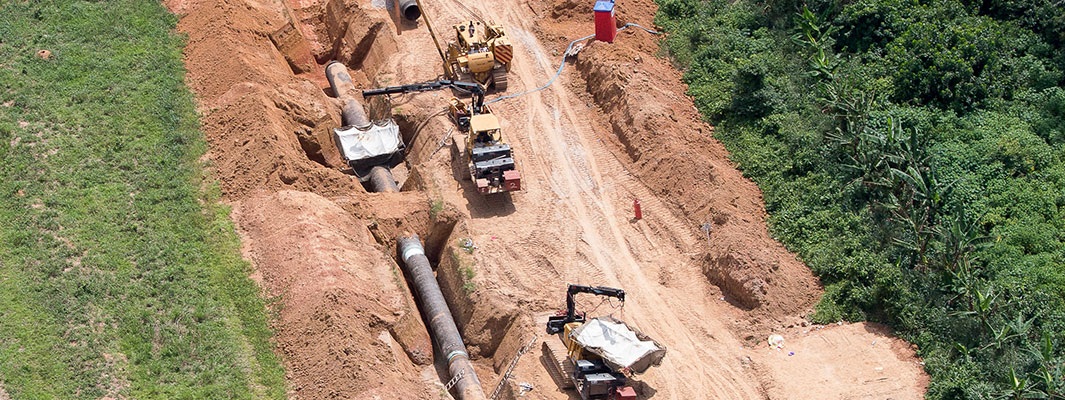Ugandans have continued the debate on resolutions to block an attempt by the European Union Parliament seeking to halt the country’s oil investment.
This follows a decision by the European Union Parliament criticizing the East African Crude Oil Pipeline project -EACOP on grounds that it violates human rights and environmental concerns.
The EU legislator Parliament recommended the project is halted for one year and that alternative routes be established that would not affect as many people and the ecosystem.
The 1400kmEast African Crude Oil Pipeline project is largely funded by France based Total Energies, Uganda National Oil Company, UNOC, and Petroleum Authority of Uganda.
EACOP runs from Kabaale, Hoima district in Uganda to the Chongoleani Peninsula near Tanga Port in Tanzania. 80% of the pipeline is in Tanzania.
A final Investment decision was made in February 2022, after environmental studies were concluded and land is currently being acquired as the project kicks off in 2025.
The pipeline runs from parts of Western Uganda to Tanzania’s Indian Ocean port of Tanga.
Following this development, an online petition was launched to garner 7000 signatures in three days until close of business on Monday September 19, 2022.
The design of the period by the Western Youth Forum is in line with this.
“European Union MUST stop frustrating the EACOP and let the Independent Countries of Uganda and Tanzania address the internal processes. African countries must be allowed to exploit their natural resources for Socio-economic transformation and economic independence,” says the call.
The petition campaign has drawn multiple signatures including those from Ruth Nankabirwa, the Minister for Energy and Mineral Development, and Elly Karuhanga of the Uganda Chamber of Mines and Petroleum among others.
Others are top officials at the Petroleum Authority of Uganda and Uganda National Oil Company, UNOC, MPs, and others.
In an interview with the BBC recently, Elly Karuhanga allayed fears that the oil construction project was forcefully evicting land owners and that the project was unsafe.
“Every person whose land is passed on will be compensated,even the Deputy Speaker of Parliament made that clear.So far, 98 percent of people have agreed to work with us and only 523 households will be affected permanently and compensated. The construction is a transit corridor burried 6 feet underground and affects mostly farm lands and public roads,” he said
Meanwhile, TotalEnergies in a statement stated that the oil investment route between the Uganda and Tanzania was a strategic decision.
“Uganda and Tanzania are sovereign states that have made the strategic choice to exploit their natural resources to contribute to the development of their countries. They chose TotalEnergies, guaranteeing the implementation of the best social and environmental standards with a project that will emit significantly less carbon than the current average.” says the company in a statement.
Peter Muliisa, the Head of Legal and Corporate Affairs in UNOC says
“Environmental Impact Assessments were done, reevaluated, and re-audited before the projects commenced,” he said. This was re-echoed by Dr. Barirega Akankwasah, the National Environment Management Authority (NEMA) Executive Director.
President Yoweri Museveni said he draws his confidence in the safety of the ecosystem and the population from the expert advice by TotalEnergies.
“We should remember that Total Energies convinced me about the Pipeline idea; if they choose to listen to the EU Parliament, we shall find someone else to work with,” he said, assuring all that whatever happens, Uganda will have her oil flowing by 2025.




